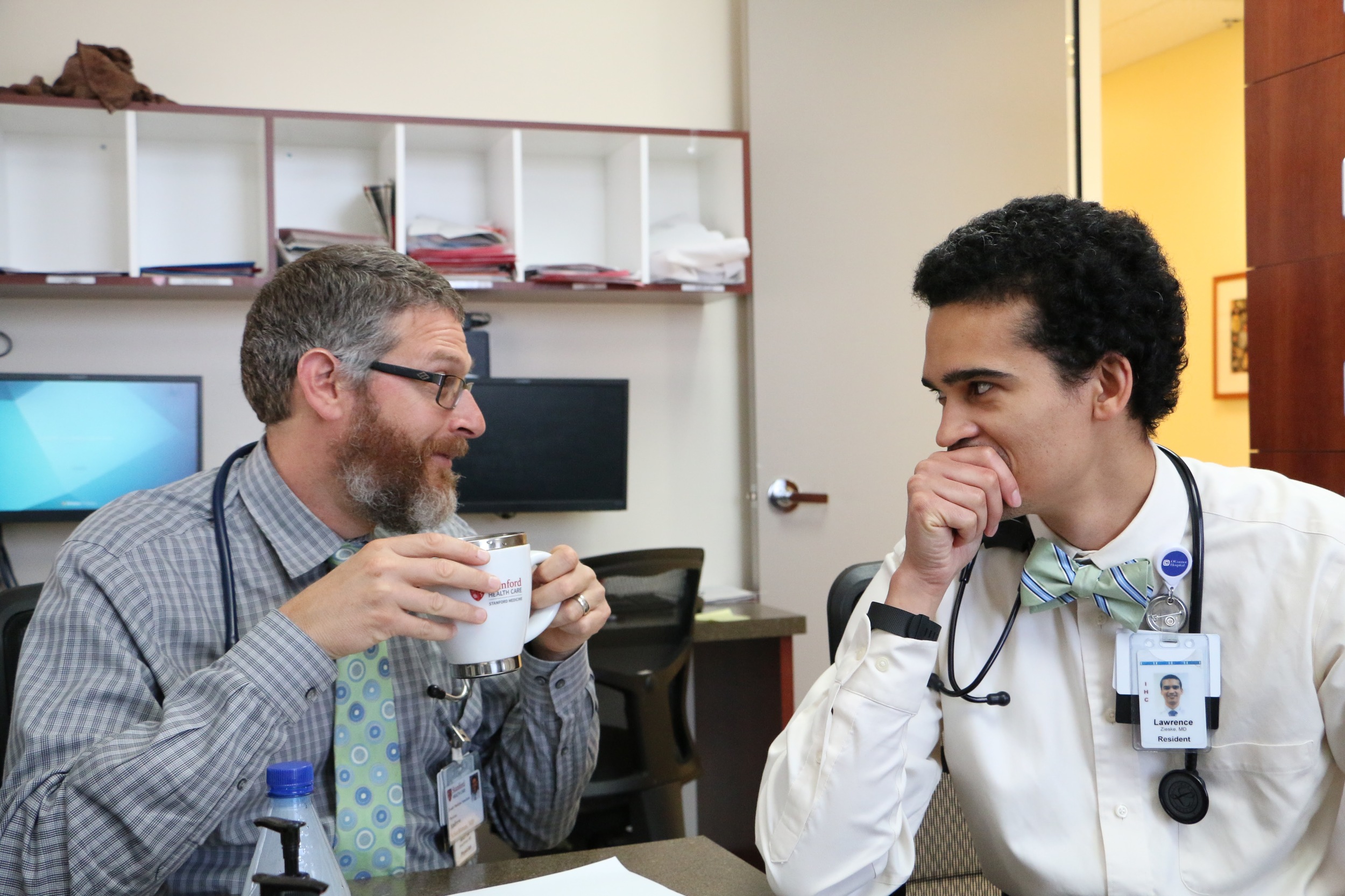What is the relationship like between the residents and the faculty?
There’s a wonderful collegial relationship between the residents and the faculty. The faculty treat the residents like future family physician colleagues. The faculty are approachable and easy to talk to. They encourage and support residents who wish to pursue individual areas of interest.
What’s the balance between work and learning?
The residency does a good job of balancing the work and educational needs of the residents. High quality patient care is our number one priority. This often requires a lot of hard work but we aim to achieve a good balance for residents to make full use of their clinical time.
Are residents involved in making changes to the residency program?
Yes! Residents have extensive opportunities to contribute to and shape the residency program. One example is the Family and Community Medicine month where residents work on a project that often focuses on quality improvement areas in the Family Medicine Center or our hospital service. Residents are also involved in key committees throughout the hospital and within our program, and do periodic curriculum review and faculty evaluation. Feedback from the residents and our graduates is the cornerstone for continuing to improve and evolve the residency over time.
Does your program adhere to residency work hour limits?
Our residency program strictly adheres to ACGME residency work hour limits both because it’s required and because we believe it’s best for the health of our residents and our residents’ patients. On busier rotations, residents are released from post-call responsibilities that would keep them past their designated work hour limits. Because of our night float system, many of our rotations have little or no call responsibility. This allows the residents to be well rested.
Will I have autonomy in the care of my patients? Will they be my patients or my attending’s patients?
As the resident taking care of your patients in the Family Medicine Center and the hospital, you will be their doctor. The attending family medicine faculty serve as your consultants and advisors as you care for your patients. A minority of our hospitalized patients see one of our faculty physicians as their primary doctor. In these cases, the resident in charge of their inpatient care coordinates the patient’s care with the attending physician. We are the hospitalist service for O’Connor Hospital admitting any “undoctored” patients, or patients whose doctors do not have privileges at O’Connor. We do not admit patients or serve as a labor source for doctors who do have privileges at O’Connor.
